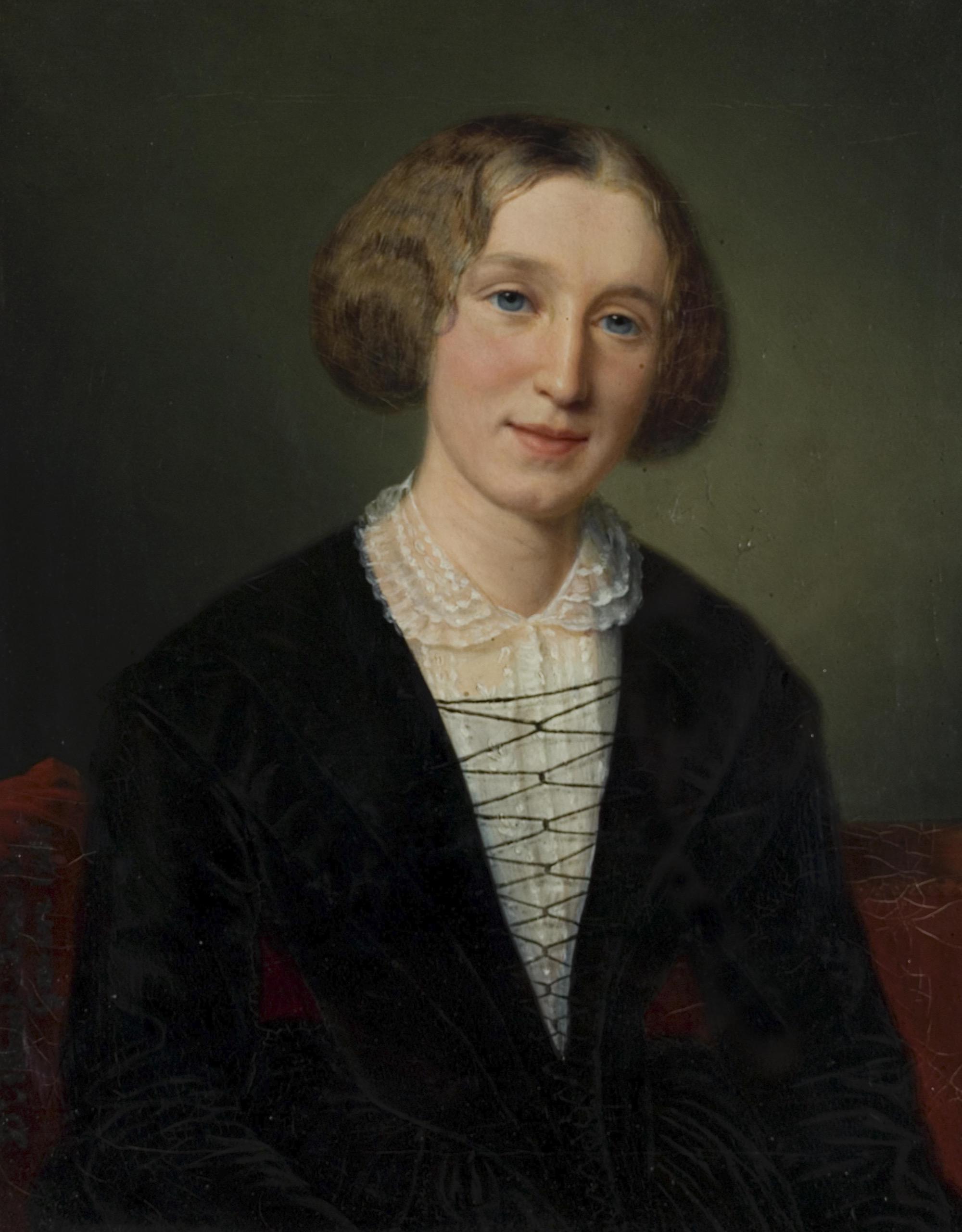Ross Douthat, for the New York Times, uses the upcoming premier Christian holiday to reflect, briefly, on Christianity in America. His reflection focuses on Christianity primarily as a social and political force through two recent book-length treatments that attempt the same. His essay is notable not for what it includes but for what it leaves out. Douthat does not even introduce the idea of the truth-conditions of Christianity but discusses it purely as a social device for good and a political device for power and concludes that it is struggling in both areas. Notably, he comments that its marginalization was predictable when it shifted from a dominant cultural world view to a “persecuted” worldview at “war” with the general culture. He writes, “[the war footing’] has encouraged both conservative and liberal believers to frame their mission primarily in terms of conflict, and to express themselves almost exclusively in the “language of loss, disappointment, anger, antipathy, resentment and desire for conquest.”
Anecdotally this is certainly true. People who consider themselves of the “pure faith” certainly describe themselves and their beliefs in the way Douthat describes. Douthat reinforces other data that suggests that organized religion is become less and less attractive to many in the younger generation which leads to a more fluid, less rigid, and more egalitarian view of faith. But the more egalitarian and eclectic faith in some circles becomes, the more entrenched, isolated, and victimized those seeking to be “true Christians” find themselves (a topic I touch on here). Christmas is a time where some of these sentiments are ignored but also a time when the state of Christianity is most exposed.
Perhaps the broader point is that the face of religion in America is changing and fairly dramatically. There are important philosophical questions that need to be explored and answers as these changes occur and thankfully there are a few thinkers willing to take on the task.
Thanks to Bill Pardi for the pointer.
The full Douthat article is here.







